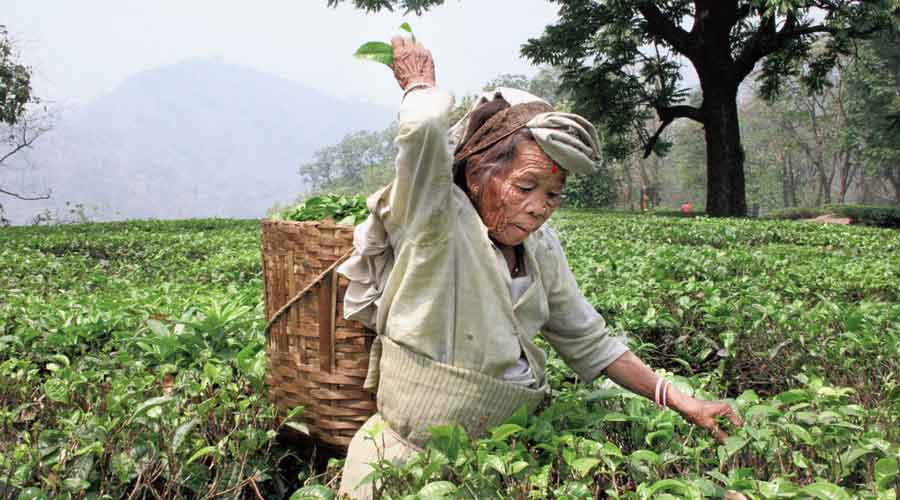A recent directive by the Tea Board of India for the brew belt of north Indian states, including the tea-producing north Bengal, where the board has stated various last dates in December for plucking and processing of leaves, has evoked a mixed response here.
For the past couple of years, the board has been issuing a directive on dates to state that no tea can be produced in the estates and in bought-leaf factories after that.
On August 31, the board’s deputy chairman issued the directive saying that in Darjeeling hills, Sikkim, Himachal Pradesh and Uttarakhand, tea leaves can be plucked till December 4 and production can be carried out in factories till December 6.
For Terai, the Dooars and neighbouring Bihar, the dates are December 18 (plucking) and December 20 (production).
Bijoygopal Chakraborty, president of the Confederation of Indian Small Tea Growers’ Associations (Cista), said they had urged the tea board to extend the dates this year, because they felt production could go on till December-end because of the steady yield in plantations. “The price of tea leaves has declined. We expected that in the end of the season, we could recover,” he said, justifying their request .
In 2019, 1,390.08 million kilos of tea was produced in the country, which reduced to 1,257.53 million kilos last year. This year, production is expected to go up again.
Tea planters said the decision by the board to notify the first and last days of plucking and production was made to prevent poor quality teas. During winter months, tea bushes stop yielding fresh leaves.
“However, unlike north India, no such dates are issued for south Indian tea-producing states (Karnataka, Tamil Nadu and Kerala). In south India, tea production continues throughout the year,” said M P Bansal, chairman, Terai Indian Planters’ Association.
Sources in the tea board said dates were finalised with imputs from the tea industry.
“Tea production in southern states is hardly 20 per cent of the national produce,” said a source, adding tabs on quality were stringent in south India as well.











